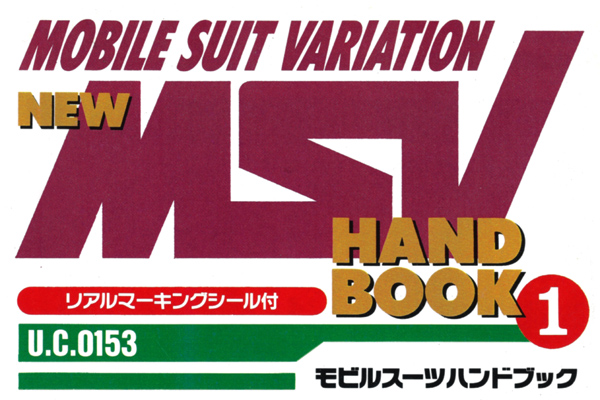The Principality of Zeon & Gundam
The first step in this movement was the declaration of independence by the Principality of Zeon, which was formed at Side 3, a cluster of colonies on the far side of the Moon.
What made this troublesome was that the declaration of independence was ostensibly an assertion for joint operating rights of Luna II, and it also included demands for the distribution of patented rights for new technologies that could only be developed in outer space.
The claim was that the Spacenoids should manage the rights to develop technology that was only possible in space.
However, based on the antiquated capitalist theory that the rights belong to the shareholders who invested in the development of the project in the first place, the Earth Federation side rejected the notion that the Spacenoids couldn’t lay claim to it because the rights had been issued on Earth.
The war that erupted from such claims and their rejection blossomed into a conflict on Earth, and humans experienced a full-scale space war, known as fleet warfare, in outer.
The reason it is called the era of Gundam (century of Gundam?) is that during that war, among all the mobile suits–the humanoid machines developed by the Earth Federation Forces–the one called Gundam played an active role for a considerable time, but I won’t write about it here because it has a popular reputation.
Nonetheless, it should be noted that the composite metal material called Gundarium, developed at the time, was an evolution of the early Gunman magnet that contained activated gamma plasma magnetism and had abilities similar to a kind of anti-matter material.
The name “Gundam” may have been adopted from the name of this metal. (Wrong)
The wars of the Universal Century had a different sense of urgency than motivations of gaining hegemony on Earth.
This is due in part because the Spacenoids have come to suspect that the people living on Earth do not care for the Earth as much as they think they do, even though they are deeply aware that it is not just a planet they look up to, but a vibrant planet that is the source of their livelihood.
These feelings and longing for the Earth were even more profound than those living on the surface, so that even after the Zeon war when small conflicts broke out among the space colonies, the calls to those living on the surface to leave the planet persisted and echoed in the consciousness of the masses in general as something urgent.




